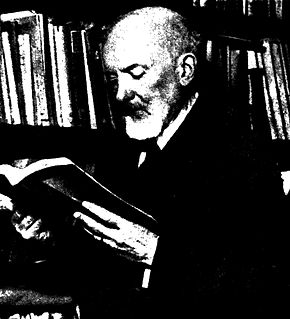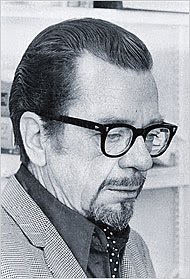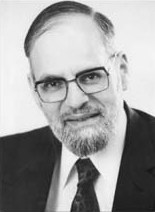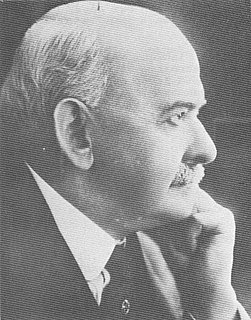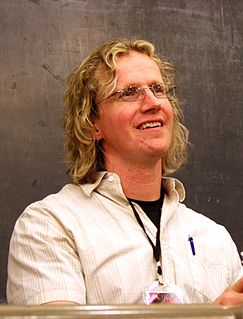A Quote by Frederick Soddy
But what sin is to the moralist and crime to the jurist so to the scientific man is ignorance.
Related Quotes
It seems to me that the moralist is the most useless and contemptible of creatures. He is useless in that he would expend his energies upon making judgments rather than upon gaining knowledge, for the reason that judgment is easy and knowledge is difficult. He is contemptible in that his judgments reflect a vision of himself which in his ignorance and pride he would impose upon the world. I implore you, do not become a moralist; you will destroy your art and your mind.
The phenomenon of economic ignorance is so widespread, and its consequences so frightening, that the objective of reducing that ignorance becomes a goal invested with independent moral worth. But the economic education needed to reduce such ignorance must be based on austere, objective, scientific content—with no ideological or moral content of its own.
...but this is the real objection to that torrent of modern talk about treating crime as disease, about making prison merely a hygienic environment like a hospital, of healing sin by slow scientific methods. The fallacy of the whole thing is that evil is a matter of active choice whereas disease is not.
Following Him is walking in the light and not in darkness. Man on account of sin is in moral and spiritual darkness. Believing on Christ and following Him delivers from both. In His fellowship the believer is delivered from the power of darkness, from the power of sin and from ignorance as to spiritual things.



